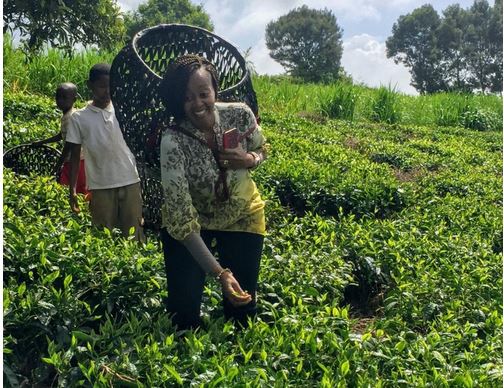×
The Standard e-Paper
Smart Minds Choose Us

NAIROBI, KENYA:
She had no prior experience in running a business. She had no capital and no savings to talk of. And her parents were skeptical and unwilling to advance her any money for her venture as they believed that “girls get married, not set up businesses.” That was in 1995 when Flora Mutahi decided to venture into tea blending and packaging with the setting up of Melvin’s Tea where she’s the founder and CEO.







